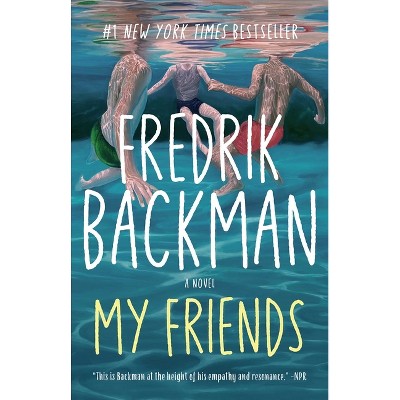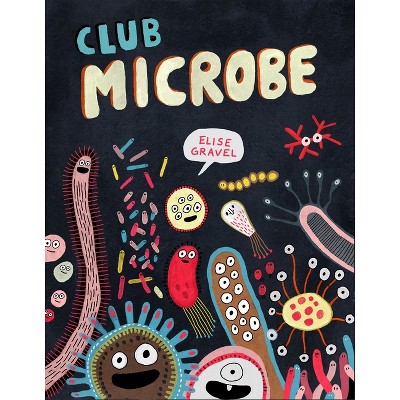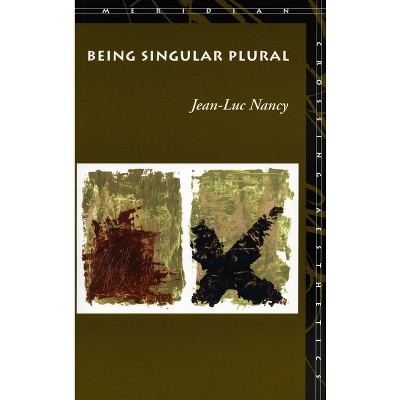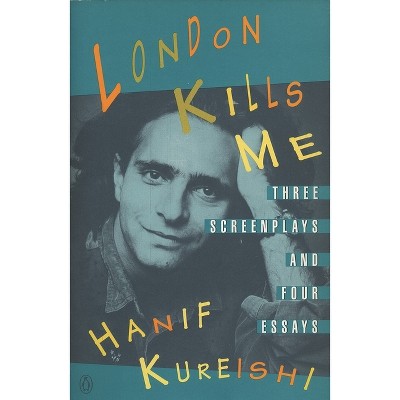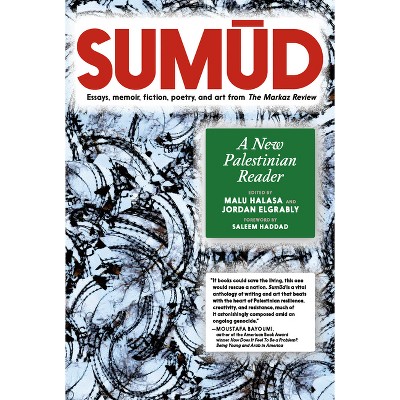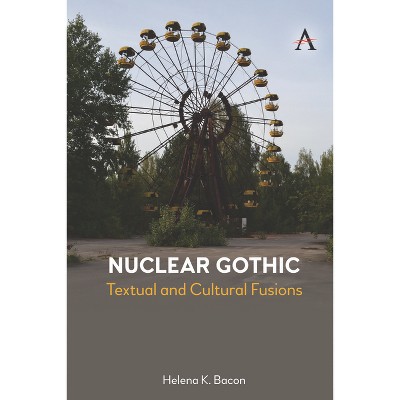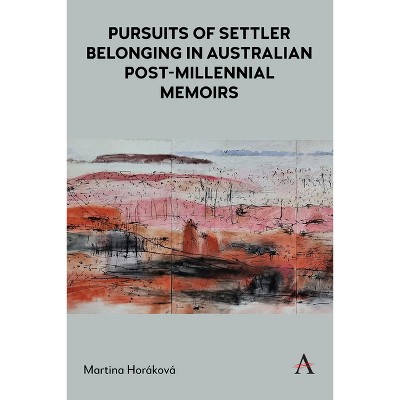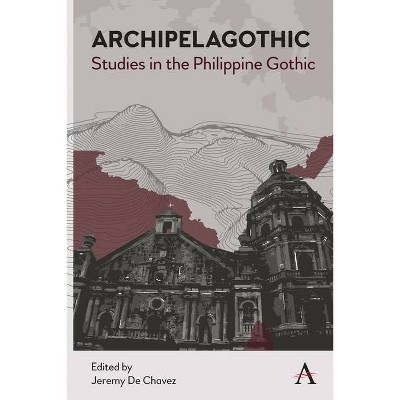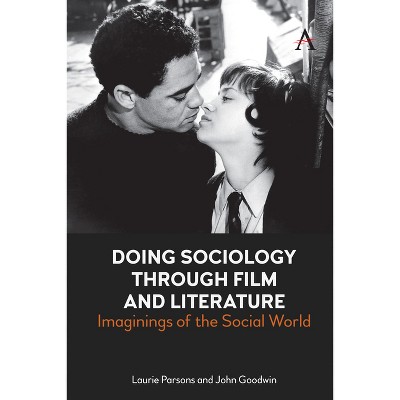Sponsored

Struggle, Resistance and Decolonization in African American Literature After 1960 - by W Lawrence Hogue (Hardcover)
Pre-order
Sponsored
About this item
Highlights
- Examines six African American writers who use the cultural and historical past to imagine a different present and future In belonging to an oppressed/colonized racial group in the West, where their voices, humanity, history, culture, reality, and subjectivity are perpetually challenged, distorted, and/or erased, African American writers since the 1960s (and earlier) have struggled to be heard and represented.
- About the Author: W. Lawrence Hogue is John and Rebecca Moores Distinguished Professor of English, Emeritus, at University of Houston and the author of many books.
- 250 Pages
- Literary Criticism, American
Description
About the Book
Against an African, African American, and the 1960s Civil Rights Movement's backdrop, this book examines six African American writers who use the cultural and historical past to imagine a different present and future.
Book Synopsis
Examines six African American writers who use the cultural and historical past to imagine a different present and future
In belonging to an oppressed/colonized racial group in the West, where their voices, humanity, history, culture, reality, and subjectivity are perpetually challenged, distorted, and/or erased, African American writers since the 1960s (and earlier) have struggled to be heard and represented. Yet, despite the racism, terror, trauma, and dehumanization, they, in revisiting, reclaiming, and reassessing their African and African American history and culture, used their decolonized imaginations and agency to reconfigure their history, subjectivity, and reality, and to invoke a fuller sense of the African American in the present.
With the transformative Civil Rights movement of the 1960s and 1970s, African American writers and historians formulated a challenge to the social, political, psychological, educational, literary, and cultural institutions within American society. A window was open for African American writers to imagine other possibilities, to find truths in alternative paradigms. Therefore, they were thinking in very new, vibrant ways. Some African American writers since the 1960s began to creatively and imaginatively re-invent or exhume from the repressed and/or excluded historical, spiritual, and cultural past, new ways of living and making sense of the world.
This manuscript examines six African American writers--Richard Wright (Native Son), James Baldwin (Another Country), Ishmael Reed (Flight to Canada), Paule Marshall (Praisesong for the Widow), Toni Cade Bambara (The Salt Eaters), and Ntozake Shange (Liliane)--who deconstruct or demystify established models of modern American literature to build the foundation of a different African American literature. Using the usable values from the African and African-derived cultures and spiritual beliefs, in the present, they reconcile modern living with the great usable values of the past. They define African Americans as subjects becoming fulfilled, rather than as reduced stereotypes.
About the Author
W. Lawrence Hogue is John and Rebecca Moores Distinguished Professor of English, Emeritus, at University of Houston and the author of many books.
Shipping details
Return details
Frequently bought together

Trending Book Pre-Orders




